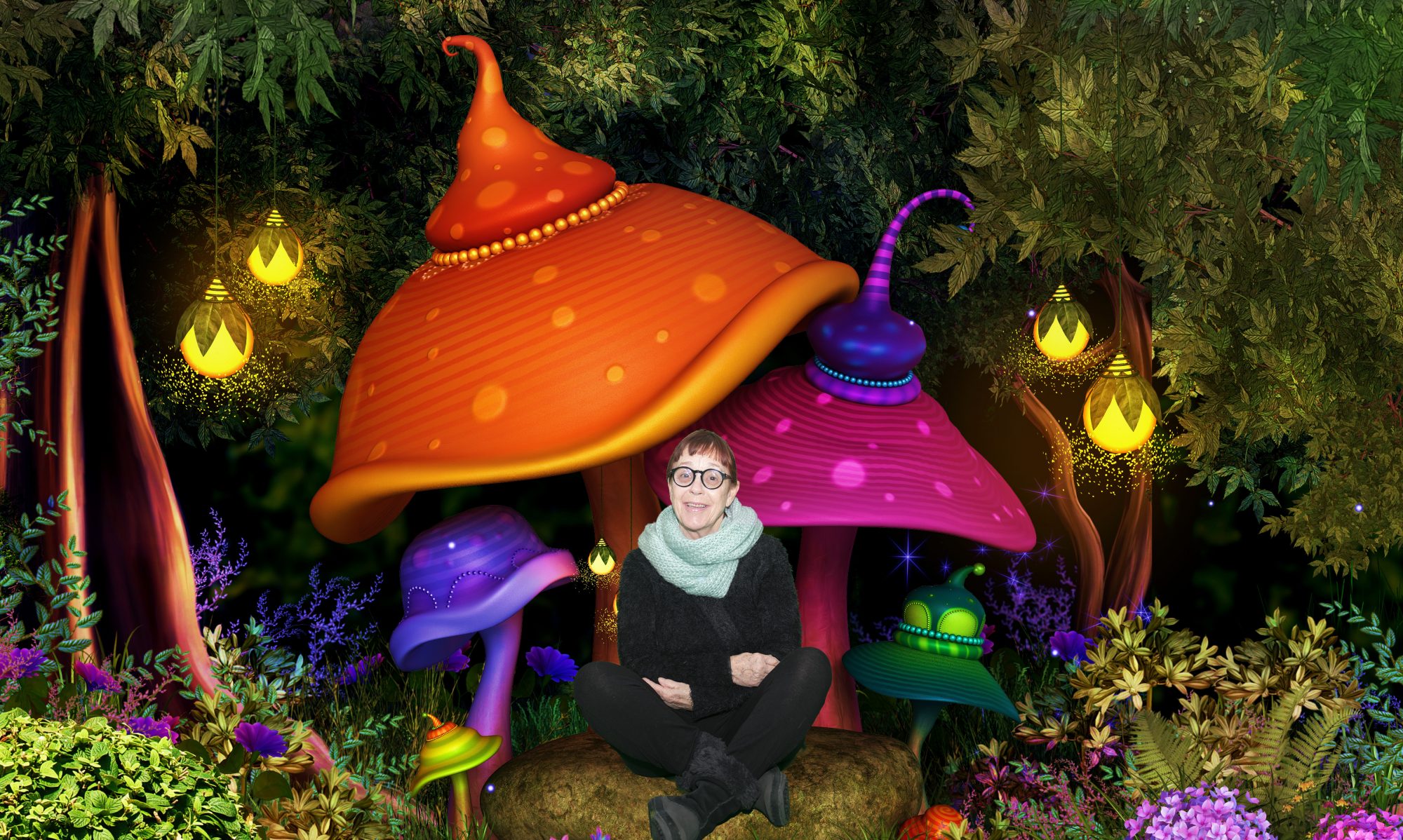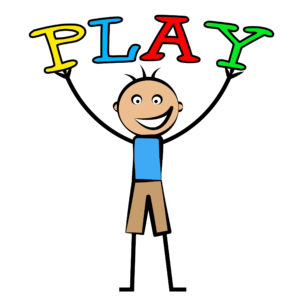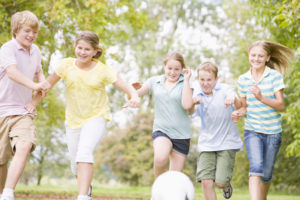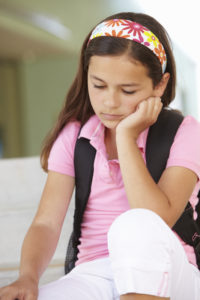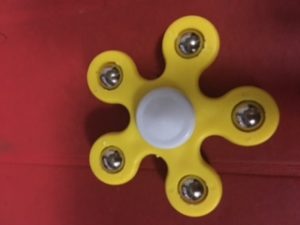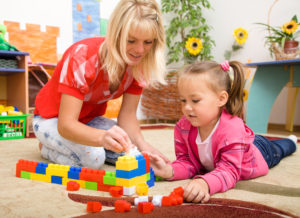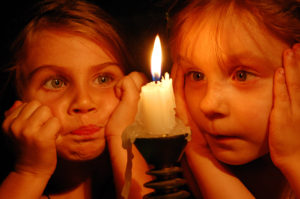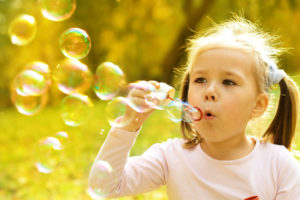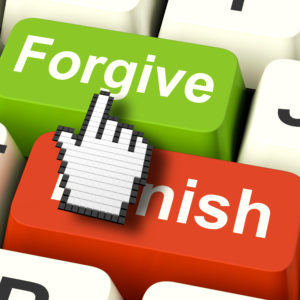Amongst the gloomy news – Easter is still happening. The Resurrection message of faith and hope is even more important at times of sadness and uncertainty like this. It is vital that we still celebrate all the aspects of Easter with children to help them feel some normality, enjoy their faith traditions and deepen their spiritual understanding.
We are adding lots of crafts, recipes and special Easter activities to the KIDS FOR CHRIST facebook page.
So what can this “new” way of celebrating HOLY WEEK and EASTER look like?
The week begins today: Palm Sunday. Of course we cannot gather in Church and make palm crosses together and wave and sing together BUT we can make crosses with palms if you have some or make paper crosses instead.
(Plenty of ideas on the facebook page)
Parents can gather their children to sing a hymn and walk around the garden or their house together, waving their “palm” and perhaps thanking God for something special about each room or part of the garden.
Make sure you tell the children the story of the first Palm Sunday.
Great re-telling here: https://youtu.be/lTmbTuutBgg
Do your children know the beautiful old tale of why donkeys have a cross on their backs? Read about it here:
https://luscofarms.org/rescue-cases/f/the-legend-of-the-cross-on-the-donkeys-back
Fantastic collection of activities for Holy Week here:
https://www.faithgateway.com/holy-week-activities- kids/#.XonP0XJS9PY
From Maundy Thursday the pace quickens:
Tell the Holy Thursday story or share this link:
You could play quiet music in the background and respectfully take turns at washing each other’s feet.
Good Friday
Why is it called “good” when so much bad happened?
The answer: https://www.bbc.com/news/blogs-magazine-monitor-27067136
Perhaps do the traditional practice and eat no meat this day and say special prayers to thank Jesus for suffering on the cross for us.
Children can make special crosses for art/craft.
Start some sprouting seeds- they take about 3 days to start so perfect for resurrection studies! Chick peas are great and taste great if roasted with a little soy sauce!
Easter Saturday:
Children could decorate a tomb and add some flowers in preparation for Easter Sunday. They might help to make a special feast or cake for tomorrow.
Plant an Easter plant/bush/tree and children can measure each week and keep a nature diary on how much it grows, how often you water it etc. You will be able to go back to it each Easter and remember the 2020 Easter that was commemorated a little differently!
EASTER SUNDAY:
Make this a really joyful occasion this year. Go over the top with hidden eggs, bunny footprints and lots of Easter songs and music.
Serve a special Easter feast and facetime friends and family.
The Easter message is as joyful as ever- this year let’s put even more effort into celebrating the sacred aspects of this special festival!
